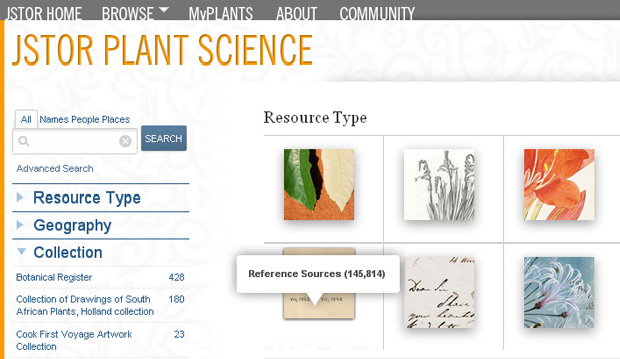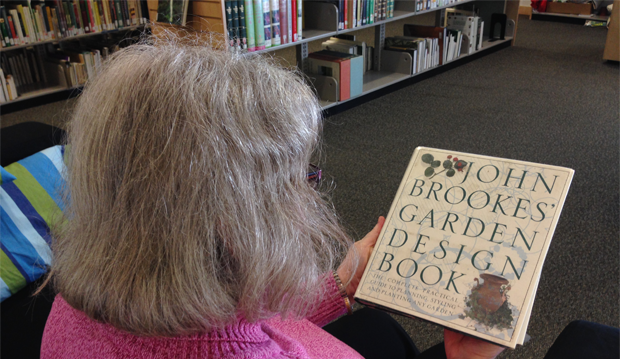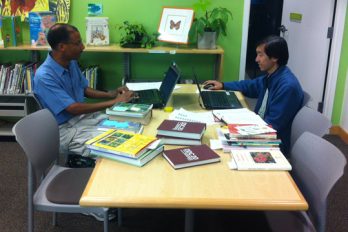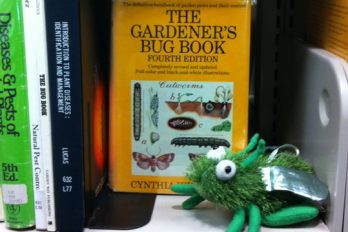Many patrons of the Weston Family Library already know about the wonderful collections of books and periodicals, the new programs and courses being offered, and of course, the computer workstations available for library users. We’re very proud of these established elements of the library, and will continue to build upon them over time. However, there are a few new areas of the collection that I’m very excited to foster and expand. One of these is the addition of electronic resources.
We have recently acquired a new resource for the Weston Family Library called JSTOR Plant Science. This is a large electronic database with incredible features and impressive content, and is now available to TBG members when they show their card. Here are some of the highlights of what is included in JSTOR Plant Science:
- The world’s largest electronic collection of plant type specimens (over a million are currently available, and at the completion of this database, it will include over an estimated 2.2 million).
- Access to more than 175,000 articles spanning hundreds of years from journals such as Kew Bulletin, Mycologia, International Journal of Plant Sciences, and many others.
- A large collection of more than 20,000 photographs, paintings, drawings, and other plant images.
- Historical handwritten letters, diaries, and other primary sources of notable figures in the fields of botany and botanical gardens. This set includes the correspondence ofKew’s Directors from 1841 to 1928.
Using JSTOR is easy, and it works like many search engines that you’re probably using already, such as Google or Yahoo. Its intuitive layout helps users to narrow their search queries and locate precisely what they’re looking for. You can also search or browse by resource type (e.g. letters and correspondence, specimens, photographs, etc.), geographic area, collection name, or by herbarium. The graphic display of information and the ability to preview results are some of the other great features of JSTOR Plant Science.
Content is continuously added to this database by participating herbaria in the Global Plants Initiative (GPI), an international effort to digitize herbarium specimens, library holdings, and historical collections to make local resources available online. To be notified when new content is added, you can even set up RSS notifications for topics that are of interest to you.
To use JSTOR Plant Science, TBG members may visit the Weston Family Library and ask for the login details. Also, if you have any suggestions of electronic resources you’d like to see added to the library, please get in touch!




